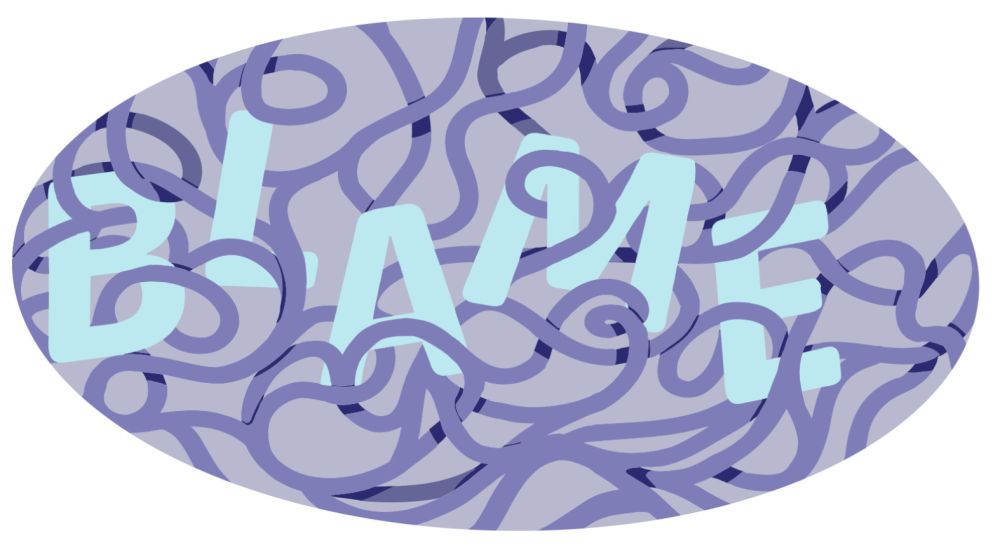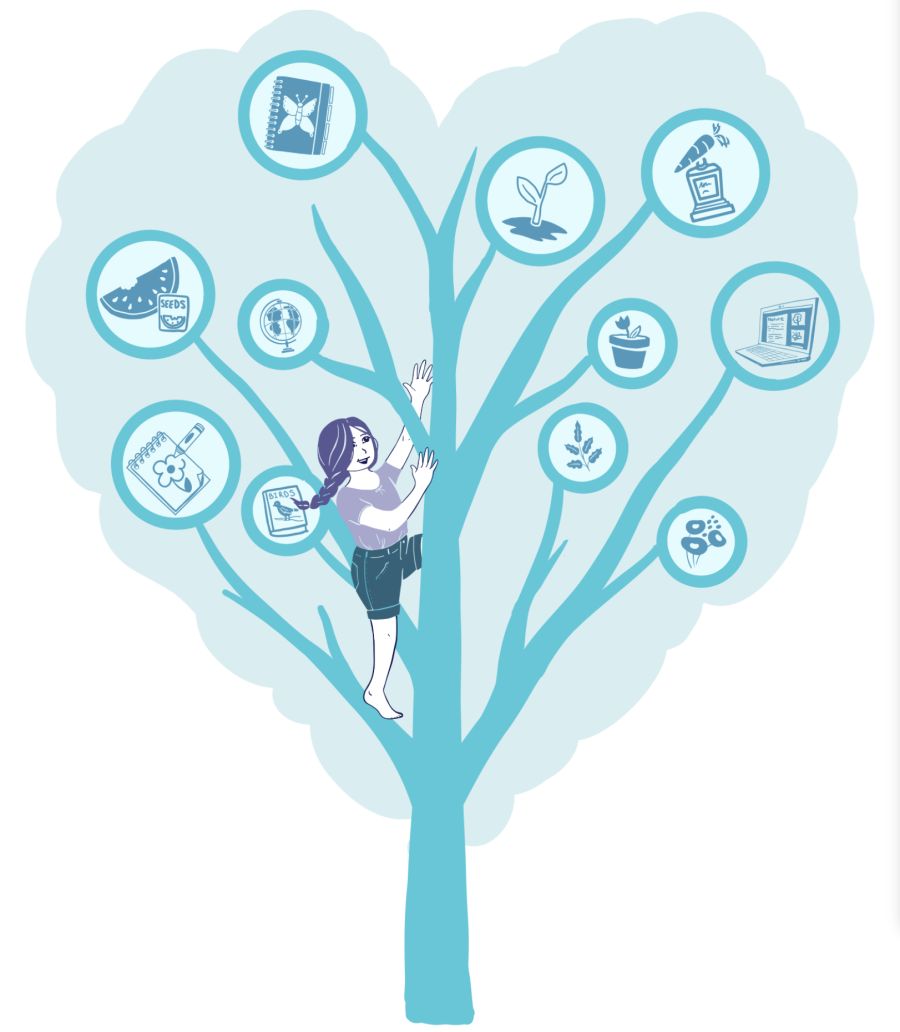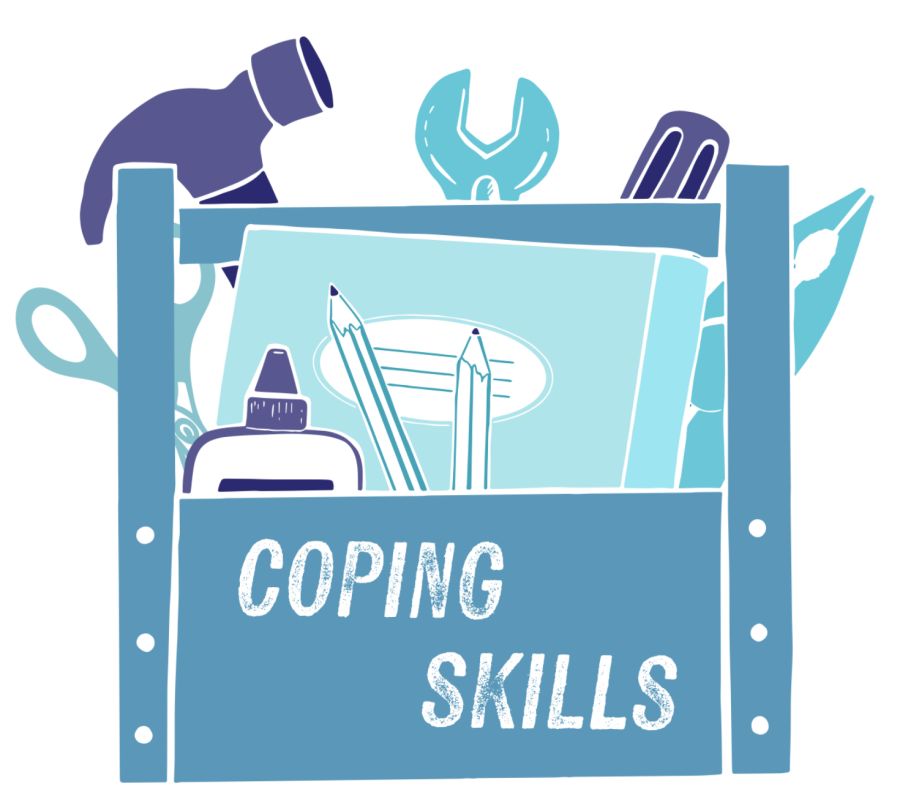
Is it My Fault?
Being a parent is hard. We all want the best for our kids. Let’s be honest, no one wants to hear that something might be wrong with their baby. Our kids are perfect in our eyes, which is why when we find out that they are in need of aid it can stir up a wild flurry of emotions and questions. Feelings of denial, concern and shame are common when processing how to best help your child. There is a lot of focus on how to help the child, and while that is great, we sometimes forget that parents are people too and something they need help processing new information. So let’s talk about the reality of finding out your child is neurodivergent.
Let’s start with denial. This can come in many forms. While some parents will flat out refuse to accept that their child needs help, this isn’t the norm. You may have found yourself thinking things like “No, they are just creative.”, “They don’t need that much help.’’ or “But I am a good parent!”. You may have even started to feel guilt or shame for thinking that way. But denial is a normal reaction, and there are a lot of reasons why we feel it. Keep in mind that denial stems from something else. Some things that lead to denial are:
- Feeling overwhelmed at the reality of the situation, what that means, how it may change your day to day life
- Feelings of insecurity, worry that it reflects poorly on you as a parent.
- Panic that you are at fault
- A desire to protect your child from a perceived threat.
Thoughts or feelings of denial, may lead to feelings of shame. Feeling like you failed, shame you didn't notice sooner, or shame for your initial feelings of denial. Maybe you thought “I can’t believe I let my child down”, “I should have known, I could have prevented this.”, or “Why did I try to deny this? Am I that shallow?”. Remember that we are capable of feeling multiple things at one time. Sure you may have had some thoughts of shame or denial, but you also felt love for your child and a desire to help them succeed. It is also important to remember the world you were raised in. While you probably support neurodiversity now, you most likely grew up in a society that was full of misinformation, one where mental health was highly stigmatized. Those messages from childhood have a deep lasting effect on us and our subconscious processes.
Ultimately we all process information differently and it doesn’t make you a bad parent. You are human, and like all humans we process information through a series of filters and lenses that we have collected throughout our lives. Culture, location, age and religion can all play a role in how we view the world. So, don’t be so hard on yourself. No matter what you have been told, or what messages you received in the past, know this: neurodiversity is not a bad thing, you did nothing wrong and it’s not your fault.
Life is hard, and parenting is harder. But no matter what twists and turns life throws your way, you know your child’s differences are part of what makes them the wonderful unique person they are. With you in their corner, they can achieve great things.
Annalyse Tanzos
Related Articles That Might
Interest You

Neurodivergent Special Interest

Coping Skill( CBT techniques and DBT techniques)
